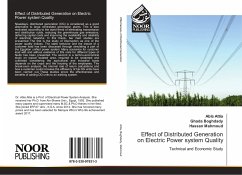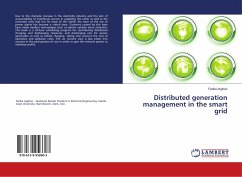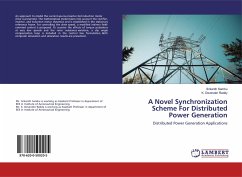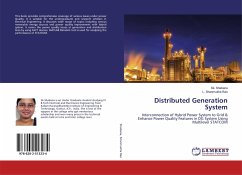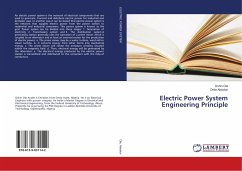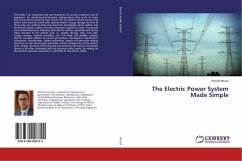Nowadays, distributed generation (DG) is considered as a good alternative to large centralized generation plants. This is also motivated according to the world trend of eliminating transmission and distribution costs, reducing the greenhouse gas emissions, deferring capital costs and improving the availability and reliability of electrical networks. In this thesis, two main studies are presented: The first is the study of interruption as one of the power quality indices. The static behavior and the impact of a customer load has been discussed through simulating a part of the Egyptian unified power system. Many scenarios for customer load with and without existence of DG units for different types of faults has been presented. The second is a techno-economical study on typical isolated area, required to be reclaimed and cultivated considering the agricultural and industrial loads depends on the crops and the housing of the employees. The break-even analysis, the internal rate of return calculations and how a customer could increase the efficiency of his DG units have been carried out. These studies prove the effectiveness and benefits of adding DG units to an existing system.
Bitte wählen Sie Ihr Anliegen aus.
Rechnungen
Retourenschein anfordern
Bestellstatus
Storno

